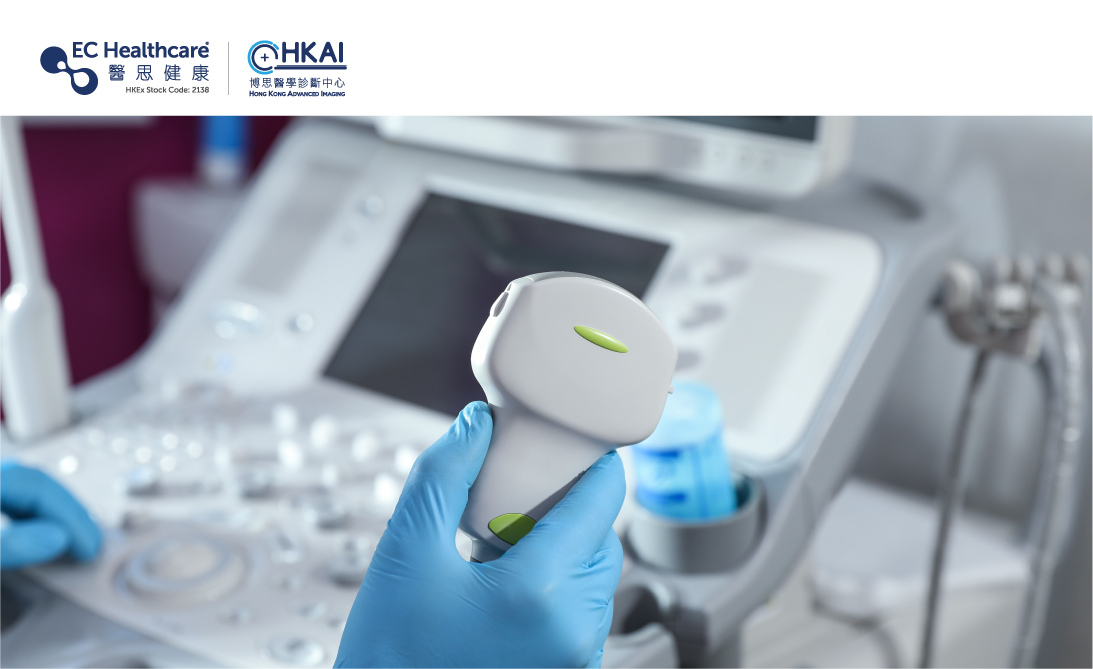Swelling and Pain in the Neck? It Could Be Thyroid Nodules!


If you suddenly feel a lump in your neck or swollen lymph nodes, you must seek medical attention immediately since it could be thyroid nodules! Studies show that one in every four to five adults, especially women, suffers from thyroid nodules. Hence, we should pay more attention to this condition.
What are thyroid nodules?
If you palpate a lump on the skin surface of your neck, it may be a cyst or a solid sarcoma. If it appears as a noticeable bump, it is a thyroid nodule.
Thyroid nodules normally will not pose much of a health risk unless the nodule has grown to a large size and compresses the trachea or oesophagus which causes dysphagia or hoarseness. Although thyroid nodules are mostly benign, they may also be malignant. If the nodule keeps growing, it may become cancerous. Thyroid nodules may also lead to hyperthyroidism, therefore should not be underestimated.
How to examine the thyroid gland?
Common examinations including ultrasound, biopsy and blood test can assess the condition of the thyroid gland.
1/ Fine-needle aspiration biopsy
The doctor will insert a needle into the proliferated tissues and extract cells for laboratory tests. After obtaining the report which determines the likelihood of cancer, the doctor will manage the nodules based on the result.
2/ Blood test
A blood test will be performed to examine any functional problems of the thyroid glands and the level of thyroxine.
3/ Ultrasound
An ultrasound scan can detect any problems with the thyroid gland structure. The scan also identifies the shape, size and structure of the nodules, and helps the doctor distinguish whether they are cysts or solid sarcomas.
As benign nodules will not harm the human body, the doctor will keep them under observation and conduct treatment only when necessary
How to treat thyroid nodules?
In fact, thyroid nodules are very common. They have to be treated when they have grown to a large size (4 cm or more) or have caused compressive symptoms.
Traditional or remote surgery
The surgery will remove all or half of the thyroid gland and the cyst. If the entire gland is removed, the patients need to take thyroid hormone pills for the rest of their life.
Chemical ablation
The doctor will remove the fluid inside the cyst, and then inject high-purity alcohol to kill the cells on the cyst wall, which largely reduces the chance of recurrence of the cyst.
Ultrasound or radiation
High energy can destroy the cells on the cyst wall, which also prevents the cyst from recurring.
A professional assessment by a doctor is required to perform any of the above treatment modalities, most of which can remove the thyroid cyst and require postoperative monitoring.
Related Brands



